Understanding roofing from a homeowner's perspective is crucial for ensuring the safety and longevity of your home. Many homeowners harbor misconceptions about roofing, leading to decisions that could result in unnecessary expenses or potential property damage. This article aims to shed light on the key areas of roofing maintenance and installation that homeowners often overlook but are essential for maintaining the integrity of a home. By bridging the gap between common knowledge and expert insights, homeowners can make informed choices that protect their investment. In doing so, they not only enhance their property's value but also ensure the safety and comfort of their families.
Understanding Roofing Materials
Types of Roofing Materials
There are a variety of roofing materials available, each suited to different climates and aesthetic preferences. Asphalt shingles remain the most popular choice due to their affordability and ease of installation. Metal roofs, on the other hand, offer durability and reflectivity, making them suitable for hotter climates. Tile and slate options provide a robust solution with a classic look, though they come with higher installation costs. Understanding the range of materials available helps homeowners select the best option for their specific needs.
Pros and Cons of Popular Materials
Each roofing material offers a unique set of advantages and disadvantages. While asphalt shingles are cost-effective and easy to install, they may not last as long as metal or tile counterparts. Metal roofs are highly durable and can last upwards of 50 years, but they tend to be more expensive upfront. Tile roofs provide a timeless aesthetic but require a strong structural assessment due to their weight. Weighing these pros and cons ensures homeowners make a decision that balances cost, durability, and aesthetic preference.
Environmental Impact and Sustainability
Sustainability is becoming a crucial consideration in roofing material selection. Metal roofs are often made from recycled materials and are entirely recyclable at the end of their lifespan, improving their eco-friendly profile. Cool roofs, designed to reflect more sunlight and absorb less heat, are an energy-efficient alternative that reduces household cooling costs. The environmental impact of production, installation, and disposal should be weighed against performance to determine a material's true sustainability. As awareness grows, so does the range of sustainable roofing options available to homeowners.
Cost Considerations
Cost is a significant factor in the selection of roofing materials, but short-term savings can lead to long-term expenses. While cheaper options like asphalt shingles may be tempting, they typically require replacement every 15-20 years. In contrast, materials like metal or slate may have higher initial costs but require minimal maintenance over their lifespan. Understanding the life cycle cost of roofing materials helps homeowners budget for both installation and future maintenance expenses. This foresight can prevent the unexpected financial strain associated with frequent repairs or replacements.
Long-Term Performance and Durability
The long-term performance of roofing materials depends on factors such as climate, installation quality, and maintenance. Durable materials like metal and tile offer peace of mind with warranties often spanning several decades. In areas prone to severe weather, choosing materials with superior impact resistance is critical. Timberline shingles, for example, offer enhanced wind uplift performance, suitable for hurricane-prone areas. Prioritizing durability in material selection safeguards the home against unforeseen environmental challenges.
The Importance of Regular Maintenance
Identifying Early Warning Signs
Understanding the early signs of roofing issues allows homeowners to take preventive action before problems escalate. Loose or missing shingles, sagging areas, and water stains on ceilings are common indicators of roofing issues that need immediate attention. Regular inspections can reveal these signs early, preventing costly repairs later. Proactively identifying warning signals helps maintain a roof's integrity and extends its lifespan. Homeowners who take the initiative to look out for such signs often enjoy greater peace of mind and fewer unanticipated expenses.
Proper Gutter Maintenance
The role of gutters in roof maintenance is often underestimated. Clogged gutters can lead to water overflow, damaging the roof and causing leaks within the home. Regular cleaning and maintenance of gutters are essential in directing water away from the property. Installing gutter guards can significantly reduce leaves and debris per investment. Proper gutter function is a critical component of overall roof health, ensuring it can stand against inclement weather and prevent unnecessary water damage.
Seasonal Inspections
Seasonal roof inspections are paramount in addressing environmental stressors such as heat, rain, snow, and wind. Before winter, an inspection can identify and rectify issues that snow and ice might exacerbate, like loose shingles or damaged flashing. Similarly, a post-winter inspection can assess any damage caused by snow loads and freezing temperatures. In warmer months, inspecting for sun damage and preparing for heavy rains is crucial. By aligning maintenance efforts with seasonal changes, homeowners can address vulnerabilities as they arise, preserving the roof's longevity.
DIY vs. Professional Maintenance
While DIY maintenance can save money, it requires knowledge and the right safety equipment. Simple tasks like cleaning gutters or visual inspection of shingle damage can be managed by homeowners. However, more complex issues, such as structural repairs or large-scale damage, necessitate professional expertise. Roofers possess the skills to identify and resolve problems that might be overlooked by an untrained eye. Relying on professional maintenance when needed ensures safety and extends the life of one's roof.
The Role of Ventilation and Insulation
Proper ventilation and insulation are critical for regulating roof temperature and extending its lifespan. Inadequate ventilation can lead to heat build-up in the attic, causing shingles to deteriorate and energy costs to rise. Sufficient insulation prevents heat loss during colder months and reduces cooling costs during summer. These elements work in tandem to prevent excess moisture build-up that can lead to mold and structural damage. Investing in proper ventilation and insulation turns a home into a more energy-efficient and comfortable living space.
Recognizing the Signs of Damage
Common Causes of Roof Damage
Several factors contribute to roof damage, some of which are preventable. Weather events like storms, hail, and heavy snowfall are primary contributors, causing immediate and visible damage. Aging and lack of maintenance also play critical roles, with small issues like cracked shingles or minor leaks becoming serious over time. Human activity, such as improper installations or neglect during maintenance, can also lead to structural failures. Being proactive about understanding these causes allows homeowners to take preemptive measures to protect their roofs.
Spotting Water Leaks and Stains
Water leaks can be deceptive, often originating away from the visible stains on walls or ceilings. Regularly inspecting attics for signs of water penetration, such as dampness, staining, or musty odors, is necessary. Water can travel from the initial entry point, making detection and repair complex if left unaddressed. Early intervention through regular inspection prevents the extensive damage that leaks can cause. Roofers recommend addressing potential moisture issues promptly to protect a home's structural integrity.
Understanding Shingle Deterioration
Shingle deterioration is a visible indicator that a roof may require repair or replacement. Over time, shingles lose granules, crack, and curl due to weather exposure, leading to potential water leakage. Observing shingle condition during routine maintenance helps predict when a replacement might be necessary. Additionally, ensuring the choice of high-quality shingles reduces the frequency and severity of deterioration. Vigilance in this area can save homeowners considerable cost and inconvenience over time.
In summary,
roofers wish homeowners knew the importance of proactive care, informed decision-making, and professional advice. According to Roofing Contractor Magazine, over 5 million new roofs are installed each year. Therefore, selecting suitable materials, conducting regular maintenance, and preparing for weather impacts are vital components of maintaining a durable roof. By prioritizing quality investment and understanding the complex dynamics of roofing systems, homeowners can ensure the safety and longevity of their home. Exploring the nuances of professional recommendations supports sound decision-making and prevents premature roof failure. Ultimately, an empowered homeowner reaps the benefits of a reliable, long-lasting roof, safeguarding their family and investment for generations to come. Call Four Leaf Roofing & Windows today to get started!

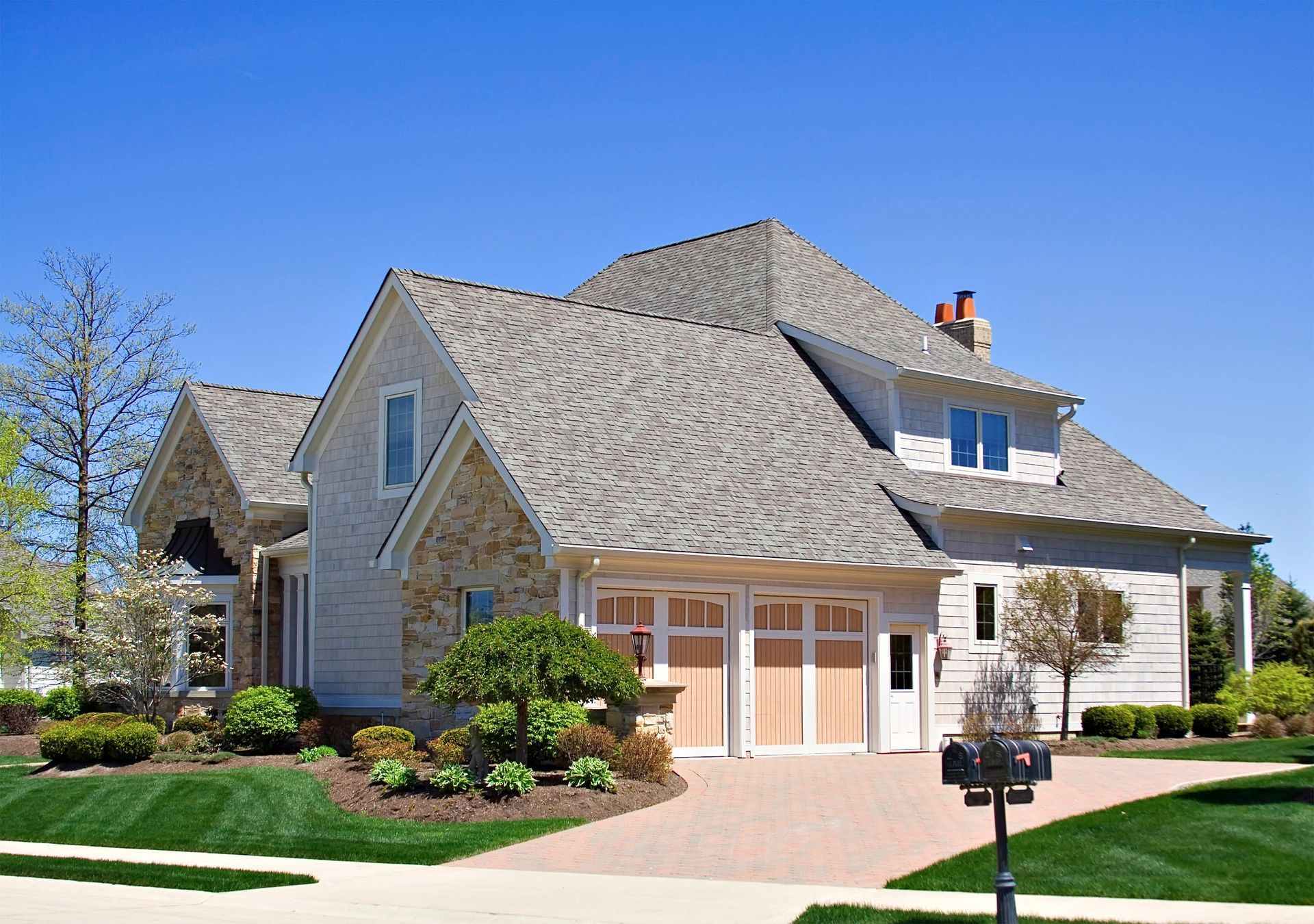
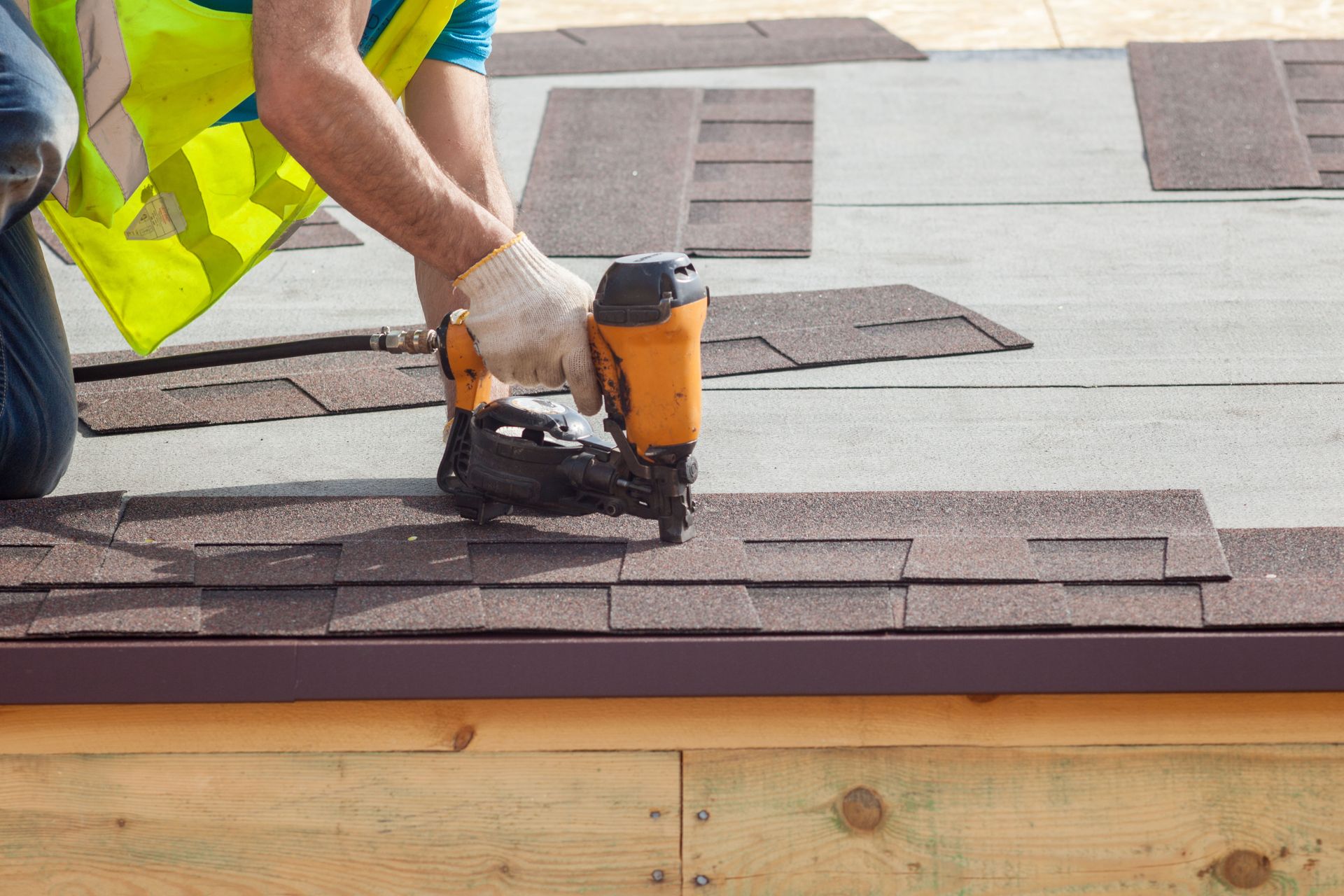
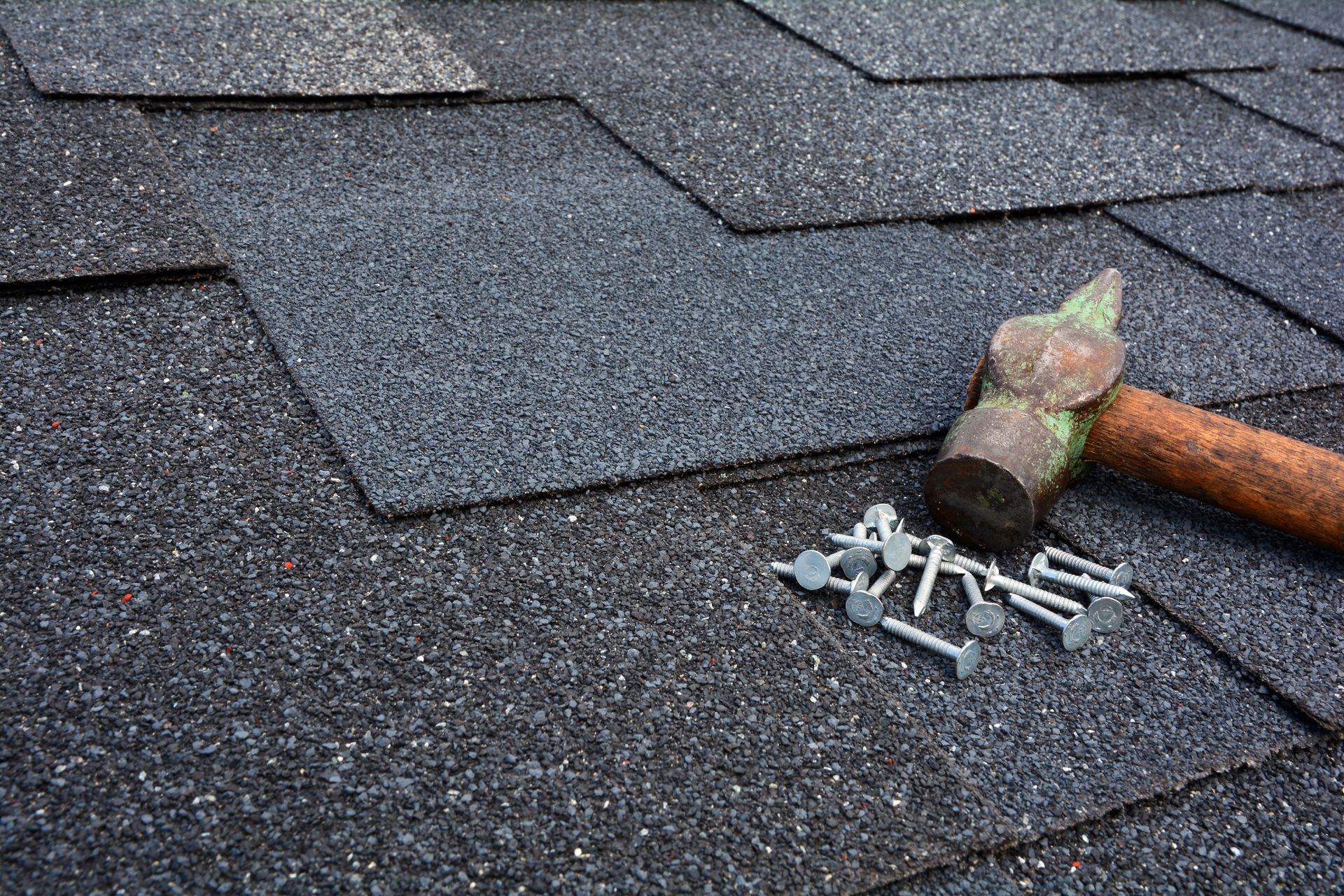
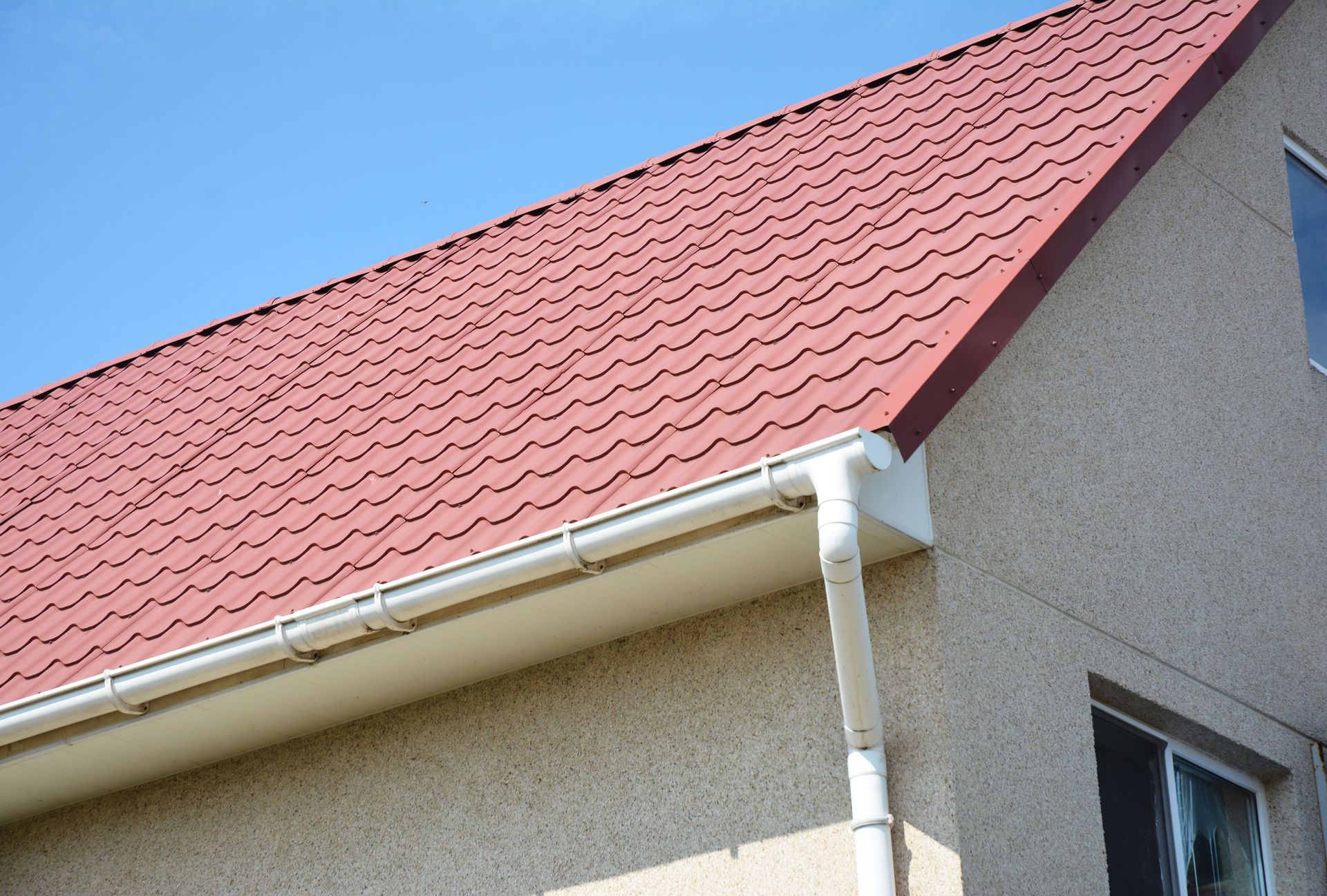
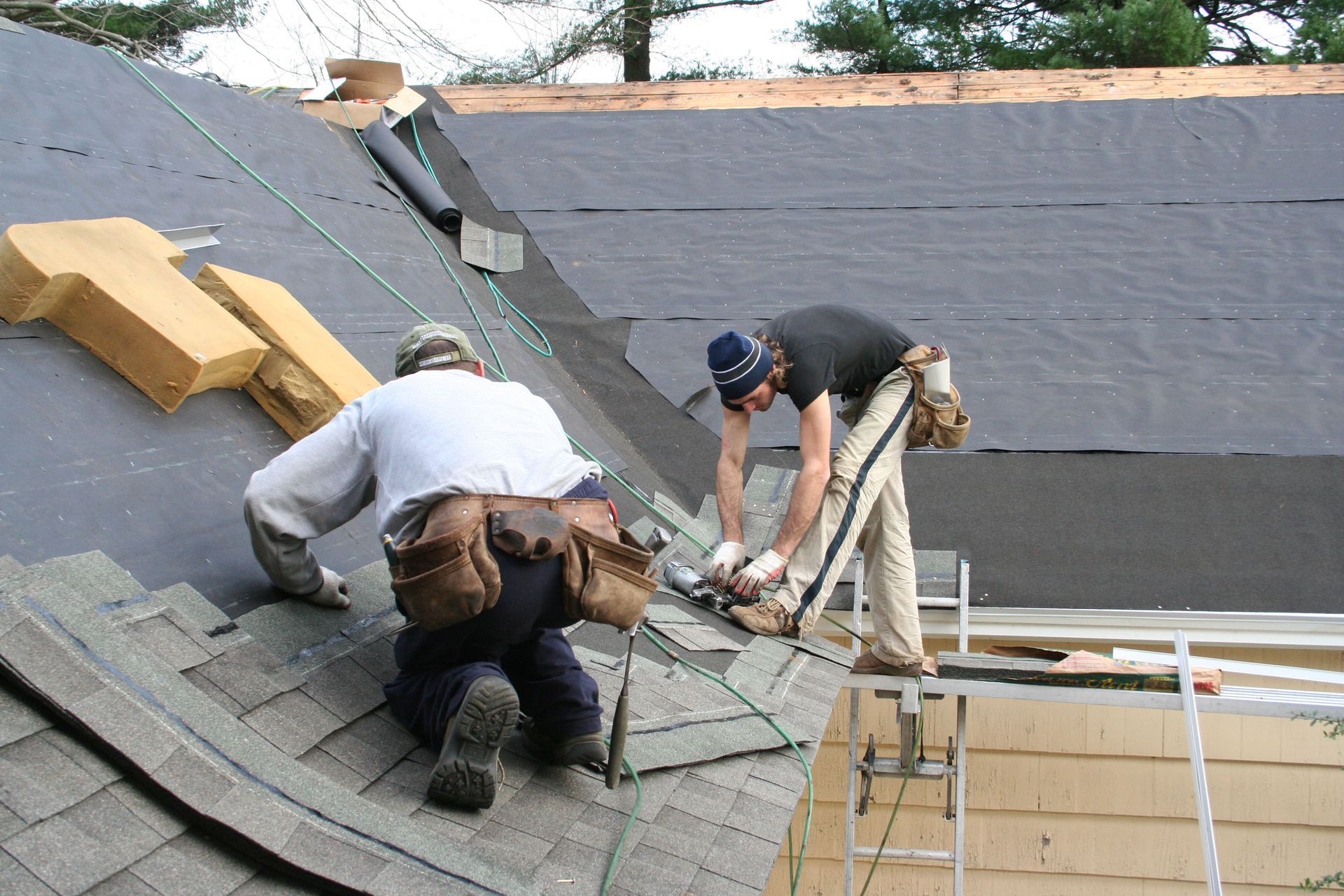
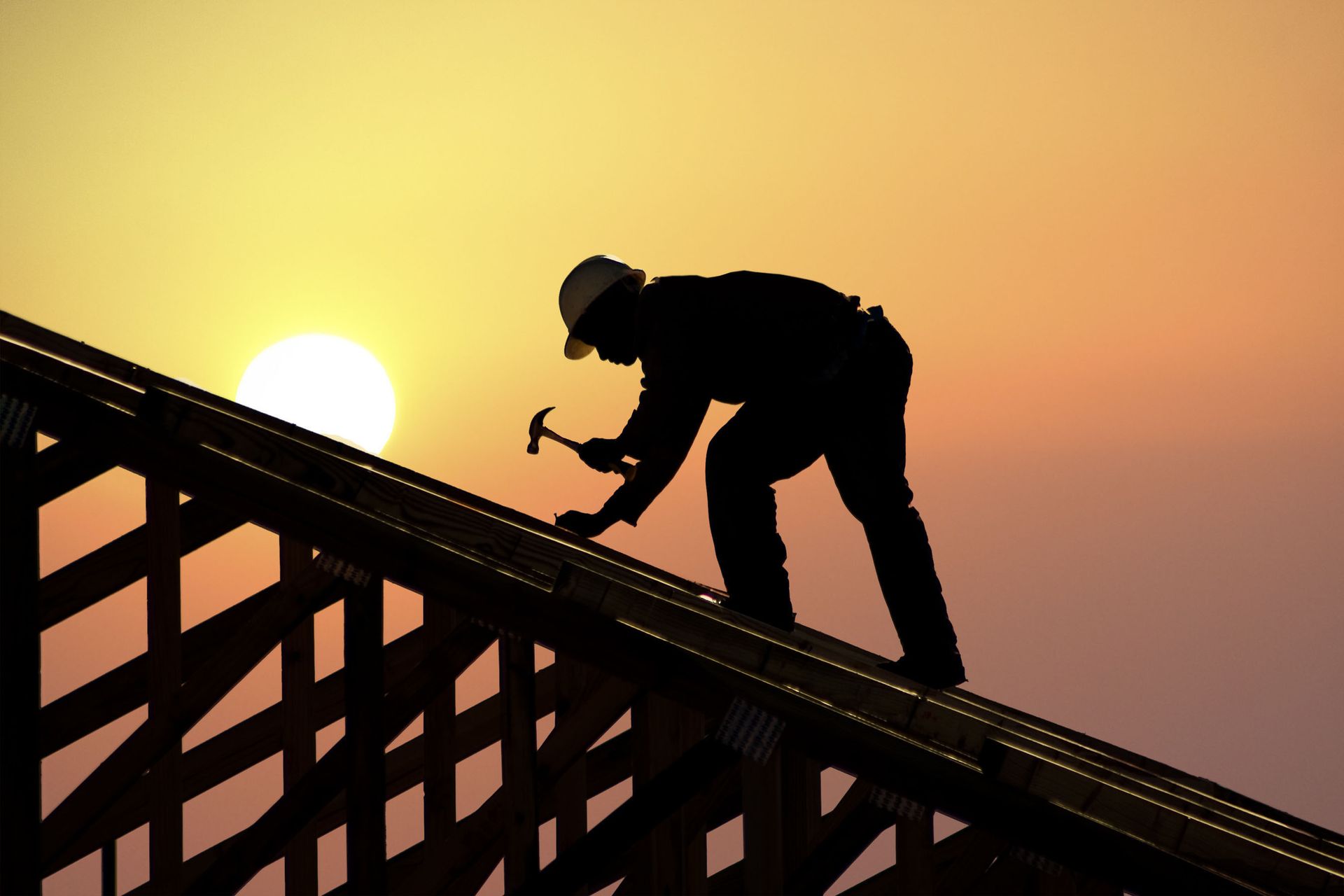
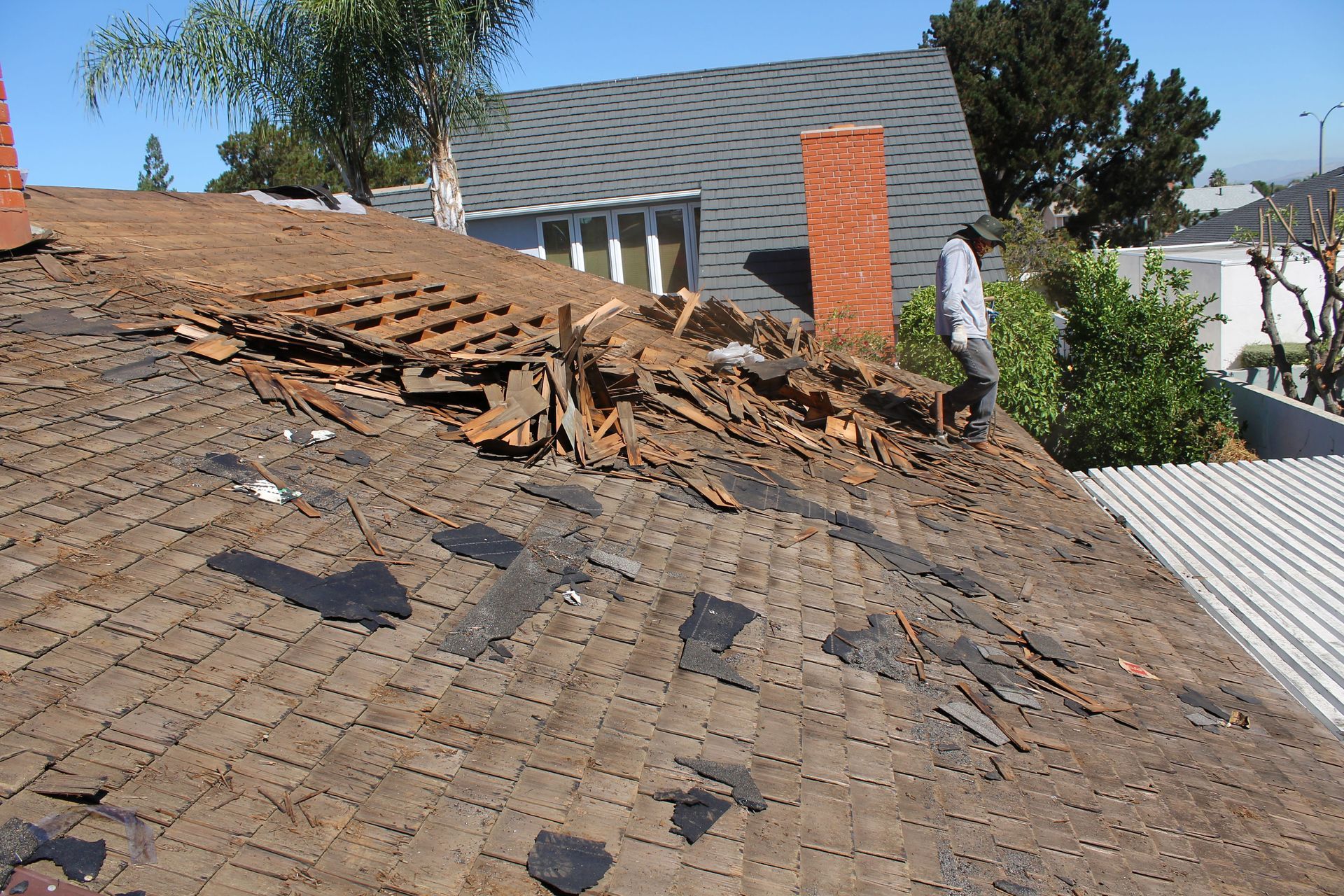
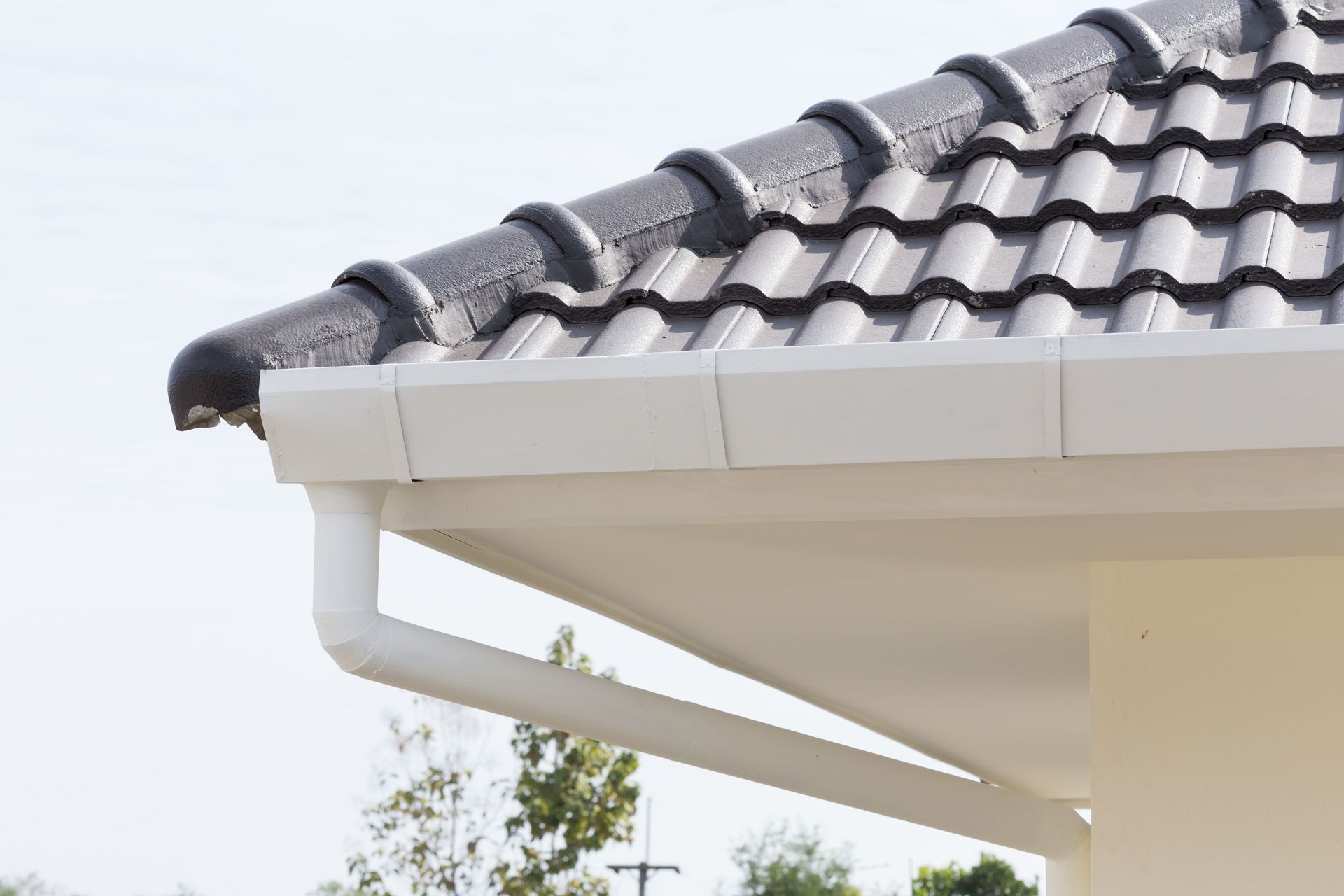
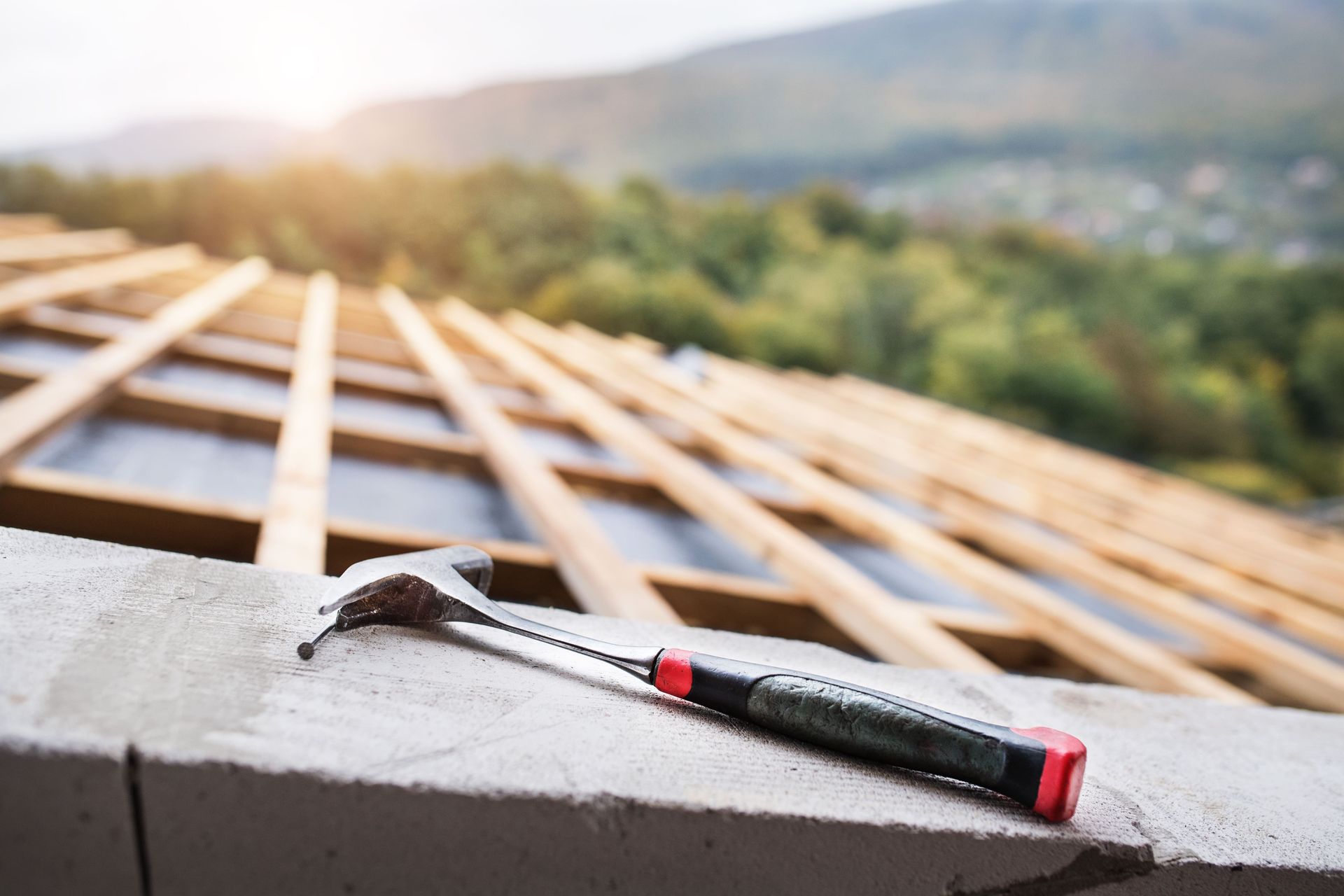
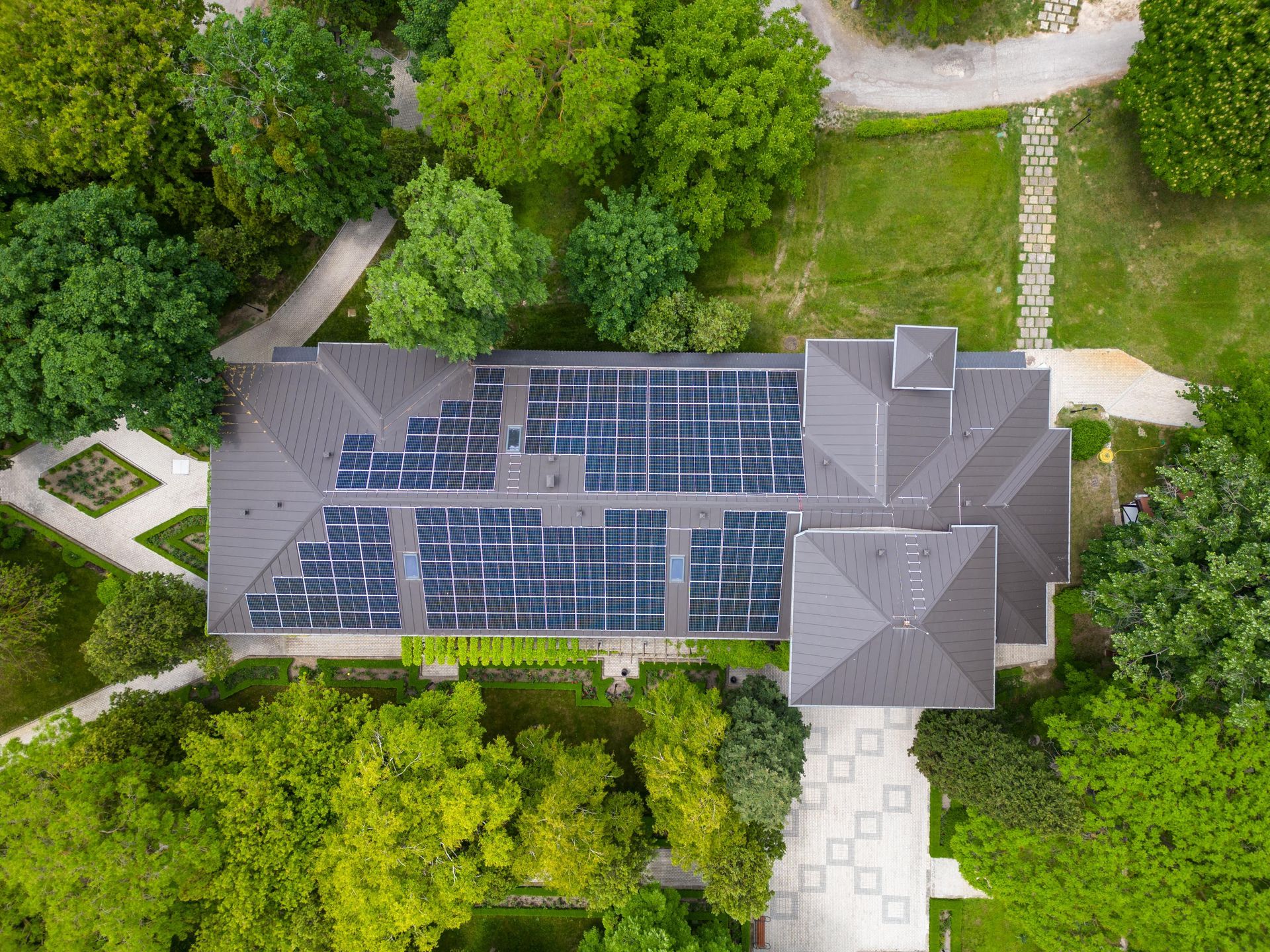
Share On: